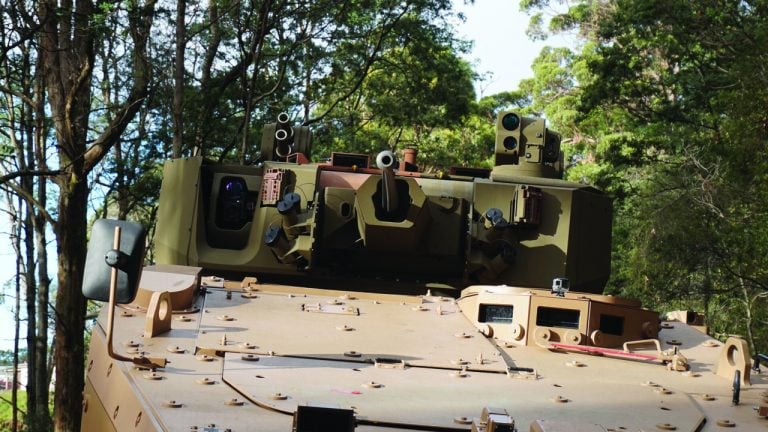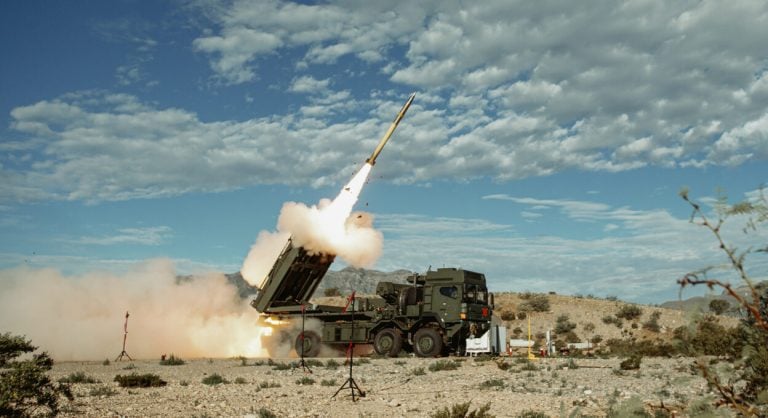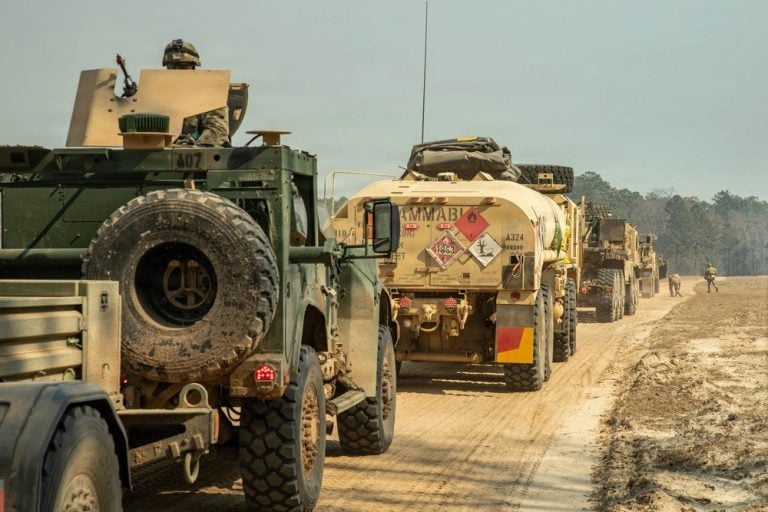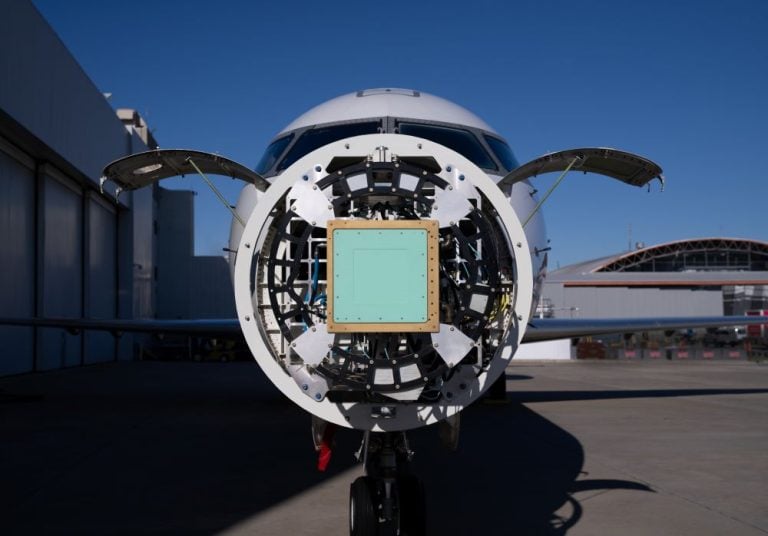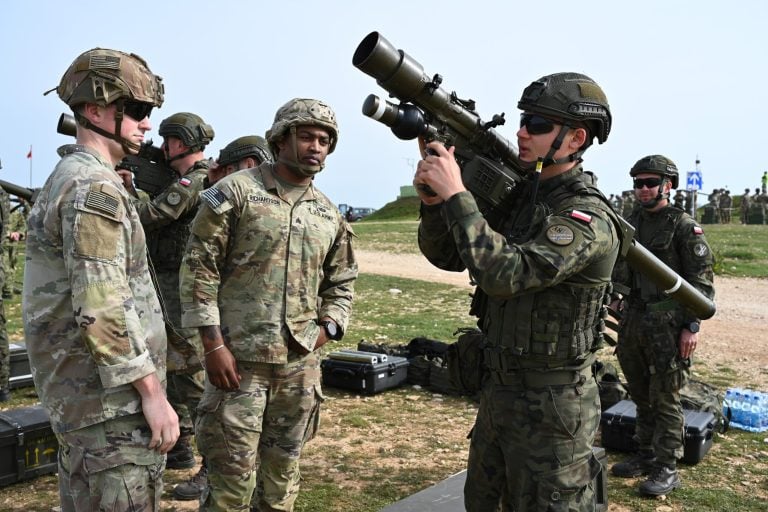Kurdish fighters have begun withdrawing from two neighborhoods in Aleppo city, Syria, according to local officials and state media reports. This move is part of a broader strategy aimed at integrating Kurdish-led institutions into the newly established Syrian state under the leadership of interim President Ahmed al-Sharaa.
Nouri Sheikho, a prominent figure within the local council governing the predominantly Kurdish neighborhoods of Ashrafiya and Sheikh Maksoud, confirmed to AFP that over 500 fighters departed from Aleppo on Friday. The fighters are heading towards areas in northeastern Syria that are under the control of an autonomous Kurdish-led administration.
This development follows a deal struck last month between the Kurdish administration and state authorities, aimed at consolidating governance across the nation following the removal of longtime president Bashar al-Assad in December, after over a decade of civil conflict. Under this agreement, fighters were to vacate the two Aleppo neighborhoods, facilitating their administrative transfer to the Damascus government.
Syrian state news agency SANA reported that a convoy from the Kurdish-led Syrian Democratic Forces (SDF) departed Ashrafiya and Sheikh Maksoud neighborhoods under the supervision of the Syrian defense ministry. The agency also shared a video showing armed fighters in military uniforms leaving the area.
The Kurdish forces had maintained control over these neighborhoods for several years, expanding their influence into surrounding regions. However, they faced significant challenges last year from Turkish-backed forces, particularly during a rapid offensive led by the Islamist group Hayat Tahrir al-Sham (HTS), which contributed to the collapse of the Assad regime.
As part of the same agreement that facilitated the withdrawal, a prisoner exchange occurred on Thursday between Kurdish authorities and the national government. Sheikho indicated that 146 civilians and fighters were released by the Damascus government in return for 97 individuals held by the Kurdish administration.
While the autonomous Kurdish-led government holds substantial territory in northeastern Syria and has been pivotal in combating the Islamic State group since their territorial defeat in 2019, it has expressed strong criticism regarding the recent government established under President al-Sharaa. The Kurdish administration stated that any governance structure that fails to reflect the nation’s diversity and plurality is unlikely to succeed in effectively governing Syria. Consequently, they announced that they are not obligated to comply with decisions of the new government, which has formed a 23-member cabinet predominantly aligned with Sharaa and includes only one Kurdish member not affiliated with the autonomous administration.

